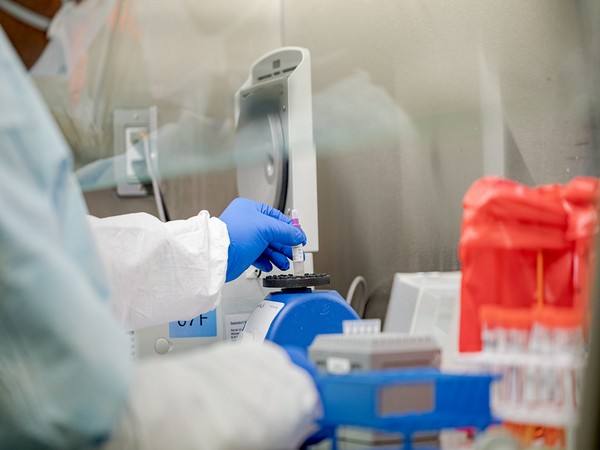Germany lowers coronavirus risk level as cases ease
Germany's public health agency lowered the coronavirus risk level to "high" from "very high" on Tuesday for the first time in 2021, reflecting a fall in the number of new infections, although the government stressed that the pandemic was not over. A faster vaccination rollout, wider testing and the introduction of nationwide restrictions helped break the third wave of infections.

- Country:
- Germany
Germany's public health agency lowered the coronavirus risk level to "high" from "very high" on Tuesday for the first time in 2021, reflecting a fall in the number of new infections, although the government stressed that the pandemic was not over.
A faster vaccination rollout, wider testing and the introduction of nationwide restrictions helped break the third wave of infections. The 7-day incidence rate monitored by Germany's disease-fighting agency, the Robert Koch Institute (RKI), fell to 35.2 per 100,000 people, less than a quarter the rate of around six weeks ago. "In view of the developments - both in infection numbers and the situation in intensive care units - we see the dynamics that led us to the new evaluation," said Health Minister Jens Spahn at a news conference with the head of the RKI. Germany had been at a "very high risk" level since mid-December.
Spahn said it was his goal to avoid a reinstatement of nationwide restrictions which are steadily being lifted. But he stressed that while the move was a positive signal, he was not sounding the all-clear. "The pandemic is not over... things can change quickly and there are too many examples around the world of where things have gone wrong," he added.
RKI head Lothar Wieler said it was essential to bring the numbers down further and to tackle infections around the world partly through vaccinations. After a slower start than in Britain or the United States, Germany is now vaccinating its public at a rapid pace. Around 43% of the population of some 83 million has now received the first dose, with roughly 18% fully vaccinated.
Spahn said 80%-90% of the adult population would be offered a vaccine by mid-July, and he reiterated his aim that all 12-18-year-olds would be offered a vaccine by the end of August. The number of confirmed coronavirus cases in Germany rose by 1,785 to 3,682,911, data showed on Tuesday. The reported death toll rose by 153, bringing the total to 88,595.
(This story has not been edited by Devdiscourse staff and is auto-generated from a syndicated feed.)
- READ MORE ON:
- Jens Spahn
- Robert Koch Institute
- Lothar Wieler
- Britain
- Spahn
- United States
- Germany
ALSO READ
Britain's Cameron to meet Blinken, press Congress on Ukraine aid
Britain will not block arms sales to Israel, says UK's Cameron
US, Britain, Australia weigh expanding AUKUS security pact to deter China, FT says
Britain will not block arms sales to Israel, says UK's Cameron
Britain condemns Ecuador's raid on Mexican










